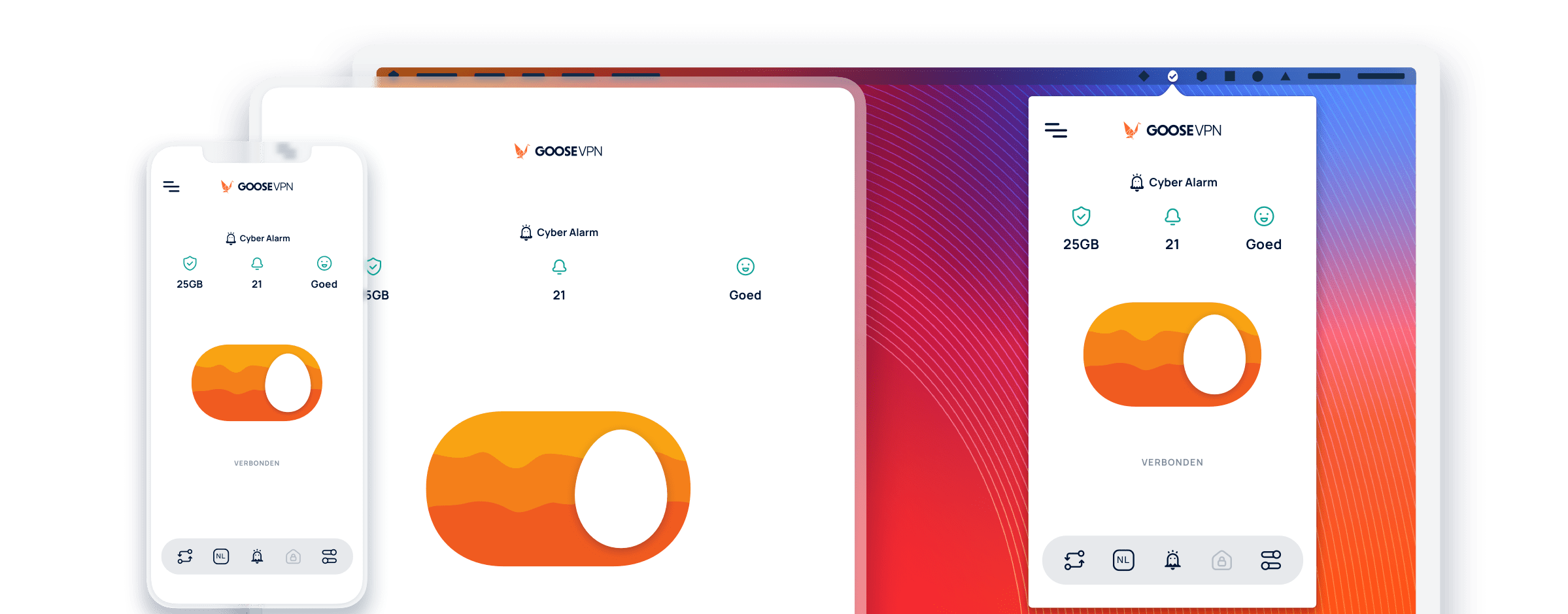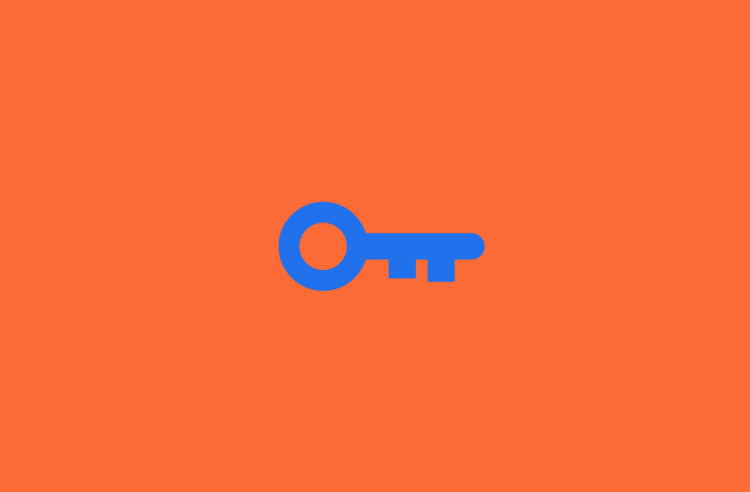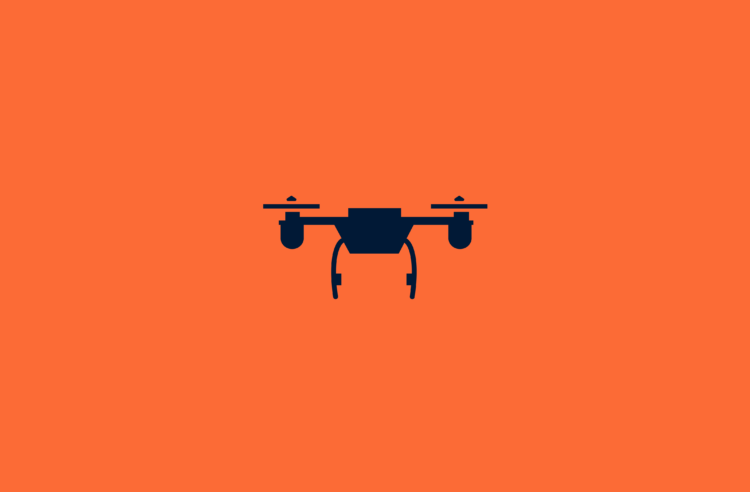
Think of Buying a VPN? Here Are Some Things You Need to Know
Do you travel for work and often need to log into encrypted pages over public, unsecured WiFi? Do you ever wonder how safe your banking, emails, and sensitive information are as they travel over public networks? In the modern era, seeing “https” and a lock icon in your browser may not be enough–hackers have recently demonstrated successful attacks of SSL-encrypted web pages, recovering passwords and financial information simply by connecting their computers to public networks and waiting for an opportunity. If you travel for work and need to access the internet over public WiFi, you need a VPN to truly ensure your safety.
A VPN (Virtual Private Network) provides an encrypted connection between your computer and a dedicated server, securing your data with an extra layer of encryption as it travels over unprotected networks. There are numerous paid and free Virtual Private Network services (a.k.a. “tunneling” services) on the Internet, many of them offering different encryption protocols, service reliability, and privacy levels. How do you choose the service that’s right for you? Here are a few considerations to bear in mind when buying a VPN service:
Encryption Protocols
Encryption of personal data over public networks and Wi-Fi is the main reason people decide to use VPNs, and different encryption protocols offer different advantages. For example, Point-to-Point Tunneling Protocol (PPTP) is a great option when speed is your chief concern and encryption is not as important–this protocol is ideal for streaming videos, video chat, and other bandwidth-intensive uses. On the other hand, Layer 2 Tunneling Protocol and Internet Key Exchange (L2TP, IKE) provide high encryption for maximum privacy and security at a bandwidth cost. OpenVPN UDP offers a good balance of speed and security for typical usage. Having access to a host of different encryption protocols allows you to chose the protocol which will serve you best for your particular usage for that day (some client softwares for tunneling services will even choose the encryption protocol for you, based on your needs). That is why GOOSE VPN allows you to choose between several encryption protocols.
Not all tunneling services allow for Peer-to-Peer (P2P) downloads, which is also something to keep in mind if you need to download files from these networks. OpenVPN UDP is often the best protocol for downloading P2P files since the compression built into the protocol means that your computer has fewer megabytes to download. GOOSE VPN allows for P2P downloads, which makes them a far better choice than some other providers.
Logging
Logging is also critical to privacy. Often when you connect to sites over the internet, you leave a log of your activity on some server. Most tunneling networks do keep logs of your internet activity since the reality of maintaining a network of sometimes hundreds of different users requires this. However, you don’t want your information to be recorded and sitting on a computer for too long. What if a hacker were to gain access to these logs? Furthermore, it is well-known that the NSA has done much wire-tapping and recording of user information within the United States–how do you know you can trust tunneling services to keep your information safe from prying government eyes?
The best and most anonymous tunneling services have strict no-logging policies or delete their logs regularly to ensure the safety of your data. As you look for tunneling service providers, be sure to check their logging policies and read the fine print if logging is something that concerns you. GOOSE VPN has a strict no-logging policy, ensuring maximum security.
Speed and Reliability
Speed and reliability is a key factor when choosing a tunneling service. Obviously, the extra steps of encryption and rerouting add a bandwidth overhead for any tunneling service, but how much? This is where paid tunneling services really shine through. Public tunneling services can slow your data down to a crawl, especially as multiple users connect to the same servers. Many users find that the speed they receive when using free public tunneling services is unusable. Paid tunneling services have the luxury of being able to afford more tunneling servers in different regions and data centers. The more servers that are available, the faster your tunneled connection will be.
This is because the more servers are available, the more bandwidth there is to share between multiple users. Many tunneling services will help you choose the server that is right for you or help you to find a fast server based on traffic patterns and the number of users connected to the different servers. Having multiple servers and data centers also increases the likelihood that there will be a server which is geographically near to you. The closer you are to a server or data center, the lower the latency you will receive. While latency is not as important for large file downloads, having a low latency is absolutely essential for VoIP, video conferencing, and gaming. GOOSE VPN has over 23 servers (check our available servers here) available, ensuring that you have maximum speed and security even when connecting over unsecured Wi-Fi networks.
The VPN service of GOOSE VPN
Quite a few providers offer a VPN service. GOOSE VPN differentiates from other providers with a very good VPN service against a low price. Against low costs you can have a VPN subscription. The encryption of your data is done through a very secure 256 bit method. The software is easy to install and suitable for Windows, Mac, iOS and Android. GOOSE VPN has an extensive network of VPN servers, spread across the entire world and can offer high bandwidth with fast connections.
Click here to register with GOOSE with a 30-day money-back guarantee.




















